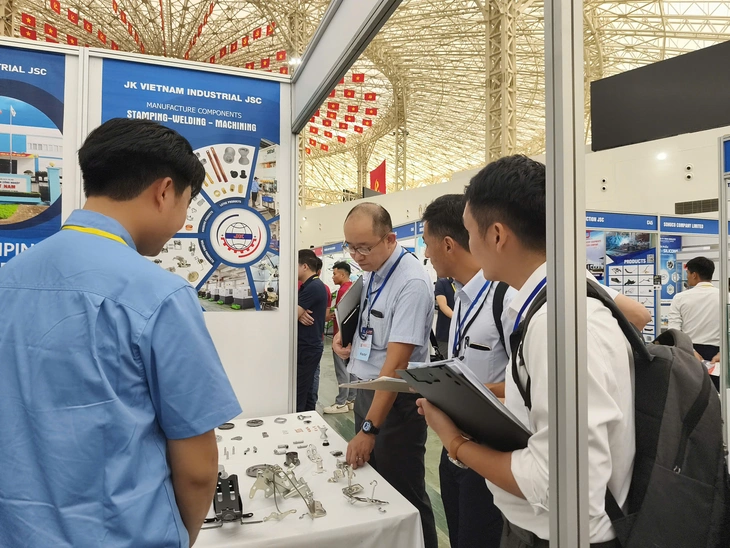
Businesses select components from suppliers at the exhibition - Photo: M.HOA
On September 18, the Hanoi People's Committee organized the Hanoi Supporting Industry Exhibition Fair 2025 (FBC ASEAN 2025), with the participation of nearly 500 booths displaying and introducing supporting industry products from Vietnam and other countries.
Vietnamese businesses are at a "disadvantage"?
According to Mr. Phan Dang Tuat - Chairman of the Vietnam Association of Supporting Industries (VASI), the unstable world situation and the disrupted supply chain have affected supporting industry and manufacturing industry enterprises. In fact, there are domestic enterprises that are quite passive in accessing new markets, logistics or policies.
Therefore, VASI hopes that the Government will pay special attention to the Government's policy of providing support services such as testing centers and commodity inspection centers, so that they can have quality certificates to be able to join the global game.
Along with that is the development of startup centers like in many other countries, opening factories for businesses to rent and test-produce products or services; then the Government collects fees.
"In Vietnam, that really doesn't exist, which is a real disadvantage. Through this, customers will know what quality they need to manufacture, what machinery they need to invest in, and how much capacity they need to have to avoid wasting capacity..." - Mr. Tuat said.
In particular, according to Mr. Tuat, the association is discussing a strong policy: joint purchasing and joint selling. For example, Vietnamese businesses connecting and buying the same type of materials in large quantities will help reduce costs, instead of each business buying, the cost will be high.
This will be implemented through many channels, including fairs to sign memorandums of understanding with input material suppliers. The Association will compile business demand statistics, propose the Government to act as a focal point for purchasing, and businesses will register according to demand to concentrate in large quantities, helping to reduce material prices by 5-10%.
In addition, Mr. Tuat also revealed the big idea of promoting support for businesses to shift from manufacturing component parts to supplying complete parts and products. If businesses only stop at manufacturing component parts, their dependence on the market will increase. Therefore, joining hands to manufacture component assemblies or complete products will attract customers better.
Businesses manage costs and compete
From a business perspective, Mr. Dang Thanh Binh, Director of TCI Industrial Joint Stock Company, said that Vietnamese enterprises are mainly small and growing enterprises, so access to policies is still limited. Among them are barriers in loan support, support related to factory construction or tax incentives, product quality standards, etc.
"The issue of raw materials for the processing and manufacturing industry is a big challenge. Vietnamese enterprises themselves are heavily dependent on imports from other markets, so that is also a weakness that makes product prices difficult to truly compete in other markets; especially compared to Chinese enterprises," said Mr. Binh.
According to Mr. Hamada Shogo - General Director of Daiwa Vietnam Co., Ltd., besides export capacity, Vietnamese enterprises need to focus on researching and developing new products domestically. This reality requires improving the research and development capacity of Vietnamese enterprises in the Vietnamese market, to better participate in the global supply chain.
Source: https://tuoitre.vn/vasi-noi-doanh-nghiep-viet-thiet-thoi-de-xuat-chinh-phu-giai-phap-manh-20250918200349368.htm





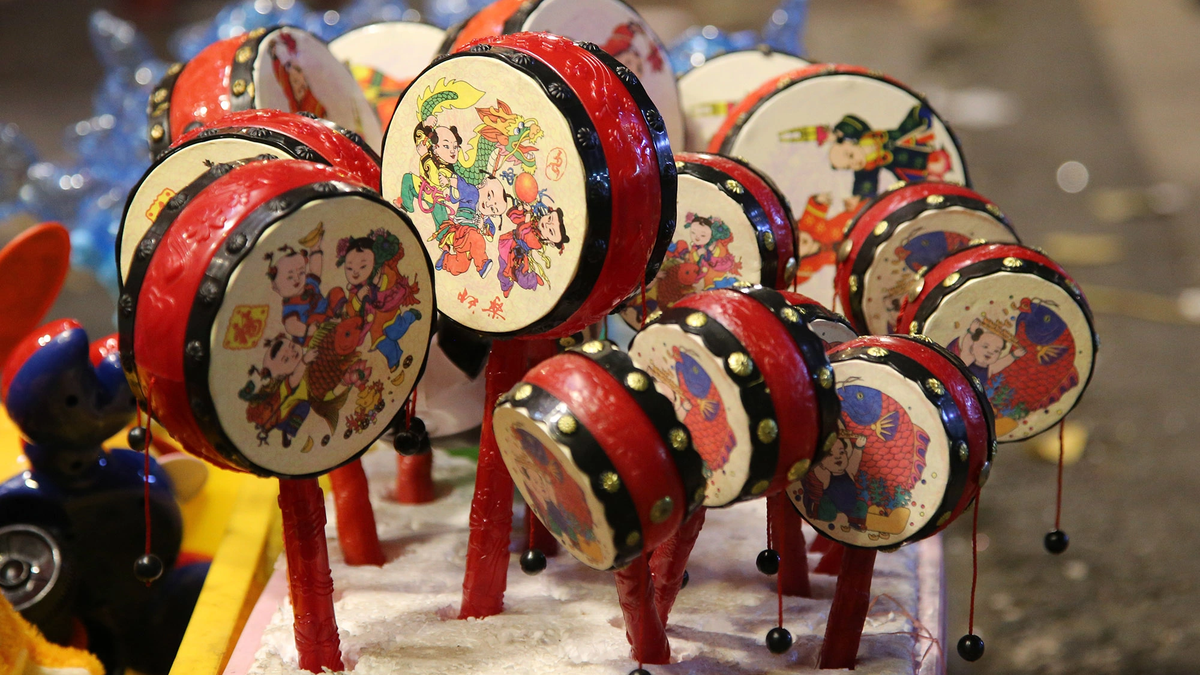


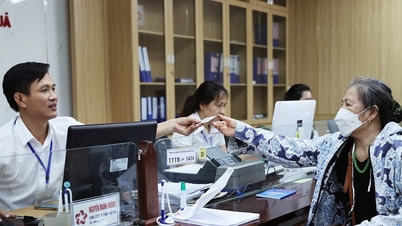

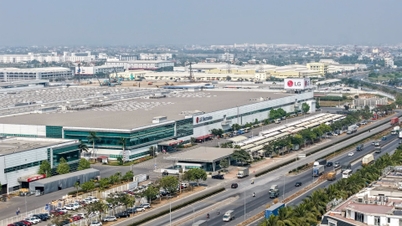

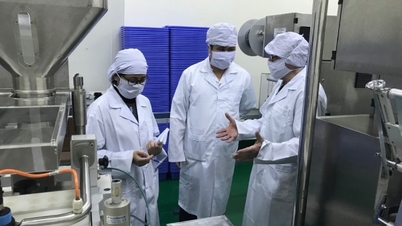

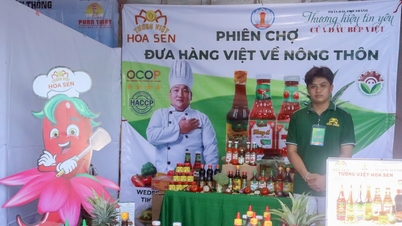

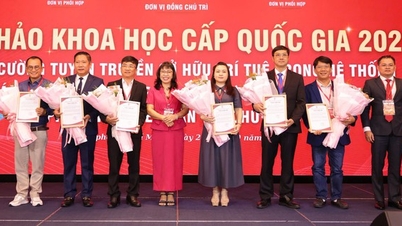





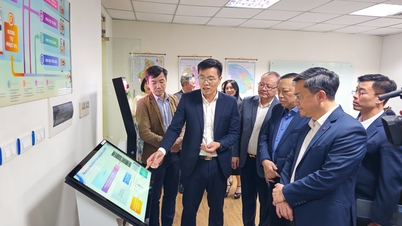

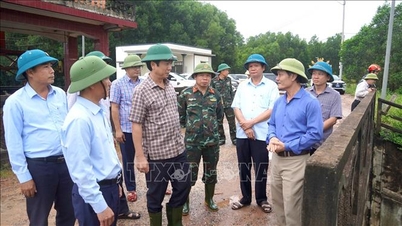
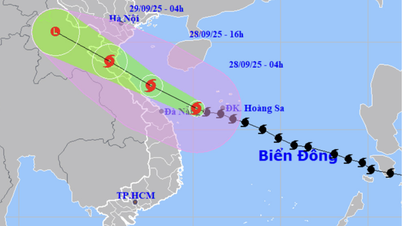

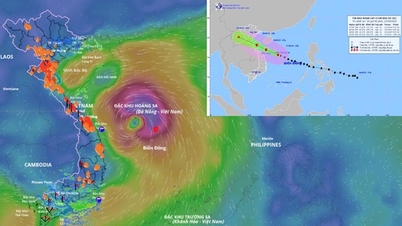






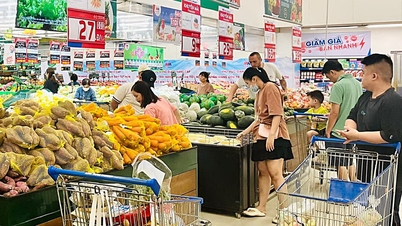





![[Photo] Soldiers guard the fire and protect the forest](https://vphoto.vietnam.vn/thumb/1200x675/vietnam/resource/IMAGE/2025/9/27/7cab6a2afcf543558a98f4d87e9aaf95)
























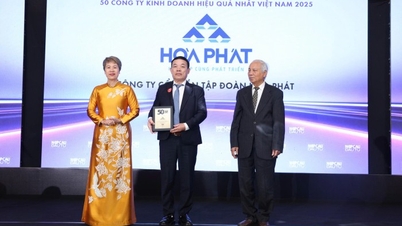









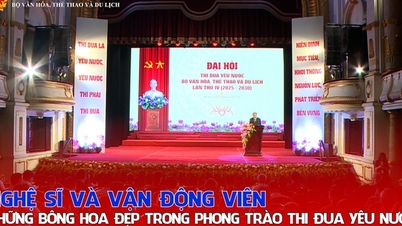



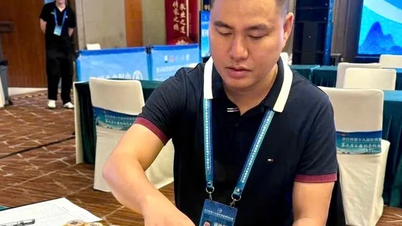


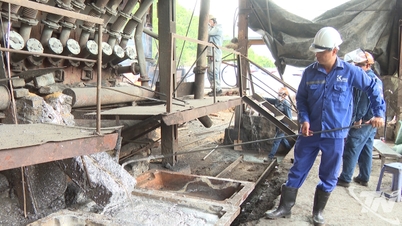



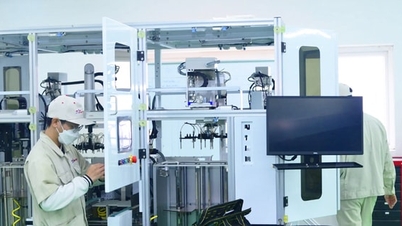



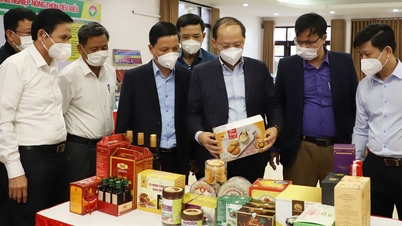











Comment (0)